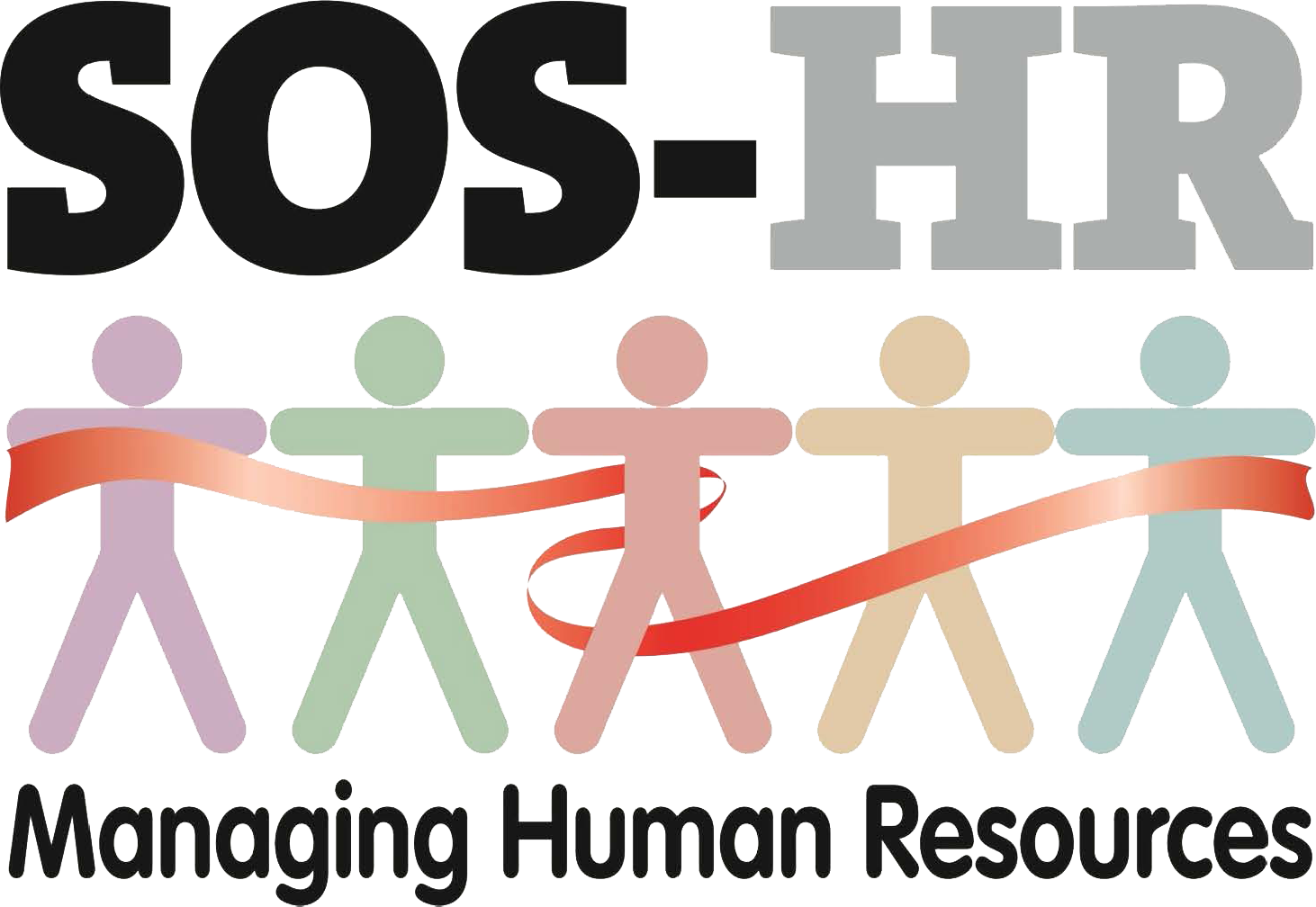Restructure and Redundancy
The weeks and months ahead are going to see many changes to the workplace as employers make adjustments to different markets and ways of working and as employees return from furlough. The Coronavirus Job Retention Scheme (CJRS) is intended to give employers, whose operations have been severely affected by the coronavirus (COVID-19) pandemic, an alternative to making staff redundant. As the furlough scheme changes, becomes more flexible and employers begin to restructure work patterns many are back in the realms of redundancy planning due to loss of business revenue, a reorganisation, or a change in business strategy. It may also now be an unavoidable response to the coronavirus pandemic. In a redundancy exercise, the employer is seeking to ensure that it retains the workforce that will best be able to take the business forward.
In such a situation the advice is to follow your Company redundancy policy and procedure as closely as possible and consult with employees as there are two key legal obligations for employers making redundancies. First, the employer has an obligation to act reasonably in making an employee redundant, as employees with at least two years' service have the right not to be unfairly dismissed. The length of service requirement does not apply to dismissals on certain grounds, for example if the employee is selected for redundancy having made a protected disclosure. Second, in the case of large-scale redundancies (20 or more employees being dismissed at a single establishment over a period of 90 days or less) there is a requirement to consult the appropriate employee representatives.
The extraordinary circumstances that many employers are now facing does not mean that they can ignore these obligations. There is a limited defence, in relation to collective consultation, if "special circumstances" mean that it is not reasonably practicable for the employer to follow all of the steps that are usually required. The employer must nevertheless carry out whatever consultation is reasonably practicable in the circumstances. In the context of unfair dismissal, the question of whether or not the employer has behaved reasonably is one that must be judged by a tribunal with regard to "all the circumstances of the case". This means that the impact of the pandemic is something that the tribunal will take into account, but employers still need to evidence that they carried out a reasonable and fair procedure. Such modifications to a procedure may include online platforms, video/conference consultation where possible, social distancing if attending a physical face to face meeting and written communication if neither of the aforementioned is possible.
*Source CIPD - This resource is kept under review and updated in line with developments.
